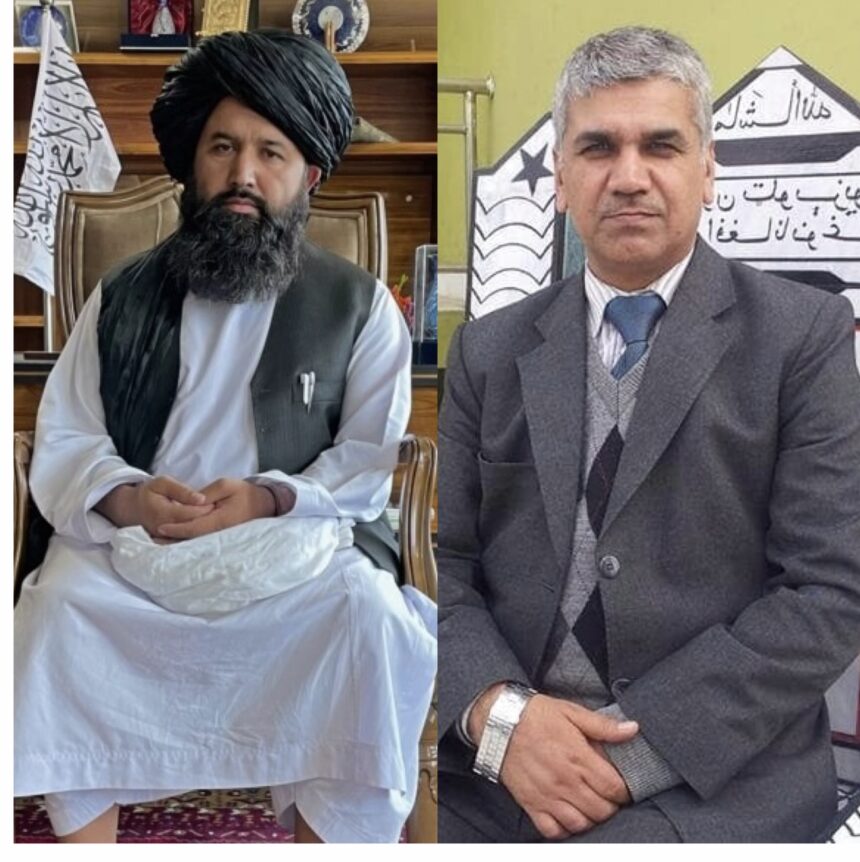RASC News Agency: Ismail Youn, a former professor at Kabul University, has sharply criticized the Taliban’s Ministry of Higher Education, arguing that a man responsible for making barrel bombs is unfit to serve as Minister of Higher Education. In a recent media interview, he stated that Afghanistan is not exclusively the land of clerics and gave the Taliban a failing grade in education governance. Youn accused the group of appointing unqualified individuals to key academic positions and reducing Kabul University to a mere religious seminary. His remarks specifically targeted Neda Mohammad Nadim, the Taliban’s Minister of Higher Education, a 47-year-old from Kandahar who lacks any formal background in modern education and has only studied in religious institutions. Prior to his appointment, Nadim served as the governor of Nangarhar and Kabul.
One of the most controversial policies under Nadim’s leadership has been the systematic exclusion of women from universities. Reports indicate that during his tenure, thousands of professors fled the country, while religious police patrolled campuses to enforce ideological conformity among students. Youn contends that this regression is not confined to Kabul University but reflects a broader Taliban strategy aimed at dismantling Afghanistan’s higher education system and replacing it with religious indoctrination. He urged intellectuals and educators to resist this erosion of academic freedom. Regarding his own dismissal from Kabul University, Youn stated that he was removed due to repeated absences, claiming that the Taliban expelled him under the pretext of irregular attendance.
As the head of Zhwandoon TV and a polarizing figure in Afghanistan’s political and cultural landscape, Youn has had previous confrontations with the Taliban, particularly over the use of state-owned land for his television station’s offices and studios. His relationship with the Taliban has been fraught with tensions over the past three and a half years, fluctuating between conflict and occasional accommodation. Before the Taliban’s takeover of Kabul in August 2021, Youn was already a divisive figure, with critics accusing him of stoking ethnic tensions against non-Pashtun communities, while his supporters viewed him as a champion of Pashtun cultural and intellectual identity.






